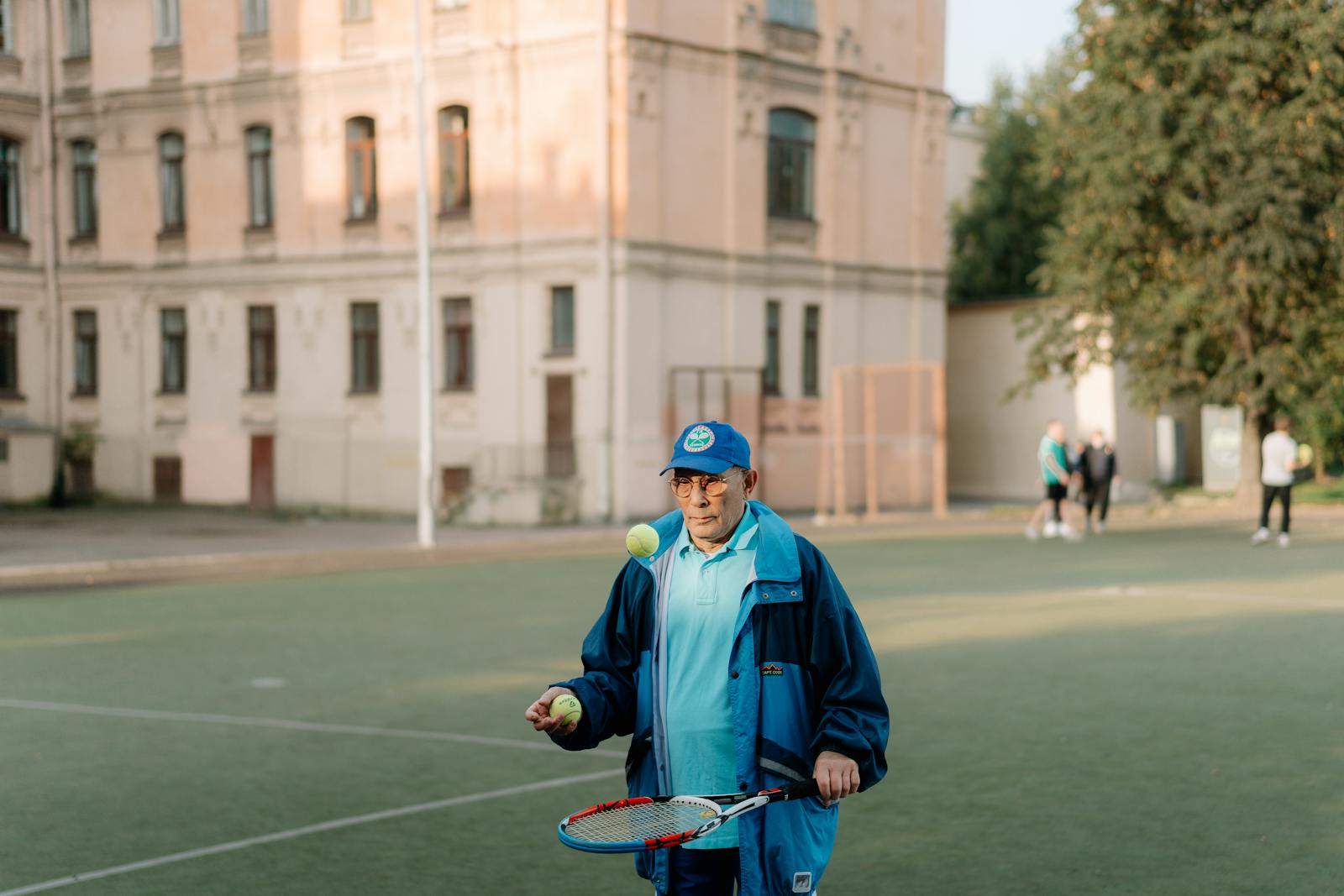Transitioning from active duty to civilian life can be challenging for many veterans. Physical injuries, mental health struggles, and the search for a new sense of purpose can make this adjustment particularly tough. However, one of the most powerful tools in navigating this transition is often found in sports and recreation.
The Mellon Heritage Foundation recognizes this and is dedicated to harnessing the healing power of sports to aid veterans in their recovery and rehabilitation process.
Physical Recovery Through Active Engagement
Sports and physical activities offer more than just the benefits of exercise; they provide a pathway for physical recovery that caters to the specific needs of veterans. Engaging in physical activities, whether team sports like soccer and basketball or individual fitness challenges, helps improve physical strength, flexibility, and endurance. These activities are not just about keeping fit; they’re tailored to assist veterans in overcoming physical injuries sustained during service.
Physical exertion and the goal of achieving personal bests or team victories can significantly enhance the rehabilitation process.
Building Camaraderie and a Sense of Community
One of the most valuable aspects of sports and recreational activities for veterans is the opportunity to build camaraderie. The Mellon Heritage Foundation’s vision includes creating spaces where veterans can come together to engage in sports, fostering a sense of community and mutual support. This community aspect is crucial. It replicates the solidarity found in military service, providing a familiar structure of teamwork and shared goals.
Through team sports and group activities, veterans can connect with others who understand their experiences, creating supportive and healing bonds.
Improving Mental Health and Well-being
The mental health benefits of sports and recreation are profound and multifaceted. Engaging in physical activity releases endorphins, which have mood-boosting properties that can combat depression and anxiety. Additionally, the structured nature of sports provides veterans with a routine, helping to instill a sense of normalcy and purpose that is often missing after leaving the military.
The focus required for sports can also serve as a form of mindfulness, allowing veterans to temporarily set aside traumatic memories and stressors, engaging fully in the moment.
A Pathway to Empowerment and Self-Discovery
Beyond the physical and mental health benefits, sports and recreation provide veterans with a pathway to empowerment and self-discovery. Achieving personal goals, mastering a new sport, or simply enjoying a game can boost self-esteem and confidence. These activities encourage veterans to push their limits, discover new passions, and redefine their identities beyond military service.
Conclusion
The Mellon Heritage Foundation’s initiative to integrate sports and recreational activities into their offerings for veterans is not just about providing fun or leisure. It’s a strategic approach to healing and recovery, addressing veterans’ physical, emotional, and social needs. By creating a space where veterans can engage in sports, the foundation is acknowledging the sacrifices these individuals made and actively contributing to their journey towards a fulfilling and healthy life after service.
In the world of veteran support, the power of sports and recreation stands out as a beacon of hope and healing. It’s a reminder that through physical activity, camaraderie, and pursuing personal achievements, recovery and rehabilitation can be an empowering and transformative experience.
